Gut health has become a hot topic, with probiotics, fermented foods, and herbal remedies widely promoted for improving digestion. However, the conversation often presents a confusing contradiction: If probiotic foods promote good bacteria, wouldn’t antibacterial herbs like oregano destroy those beneficial microbes?
The truth is, gut health isn’t as simple as labeling bacteria as good or bad. Instead, the key lies in maintaining a balanced gut environment to prevent overgrowths that lead to bloating, heartburn, and other digestive issues. Let’s dive deeper into understanding how bacteria impact gut health and how you can eliminate harmful bacteria while protecting beneficial microbes.
The Role of Gut Bacteria in Digestion
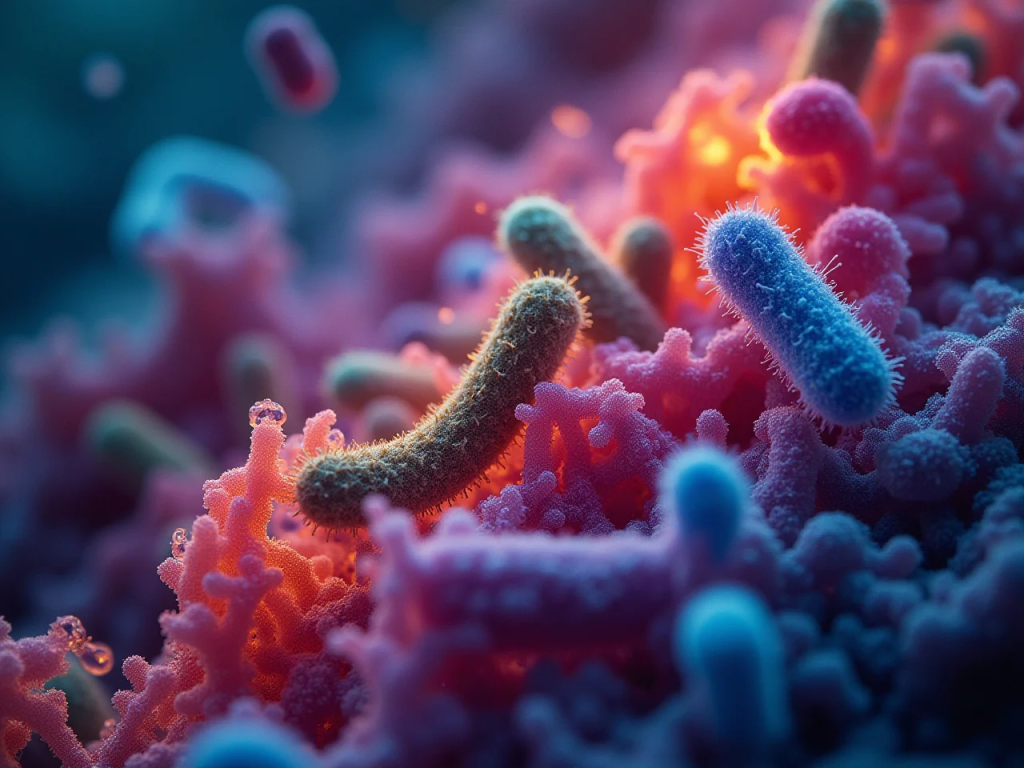
Your gut is home to trillions of bacteria, some of which aid digestion, while others can cause problems when they multiply excessively. A well-balanced microbiome ensures that beneficial bacteria regulate digestion, support immune function, and prevent harmful microbes from taking over.
Think of your gut like a national park—every species plays a role. If one species overpopulates, the ecosystem falls out of balance. The same happens in your digestive system when certain bacteria overgrow due to poor diet, stress, or antibiotic use.
Common Culprits Behind Bloating and Heartburn
Several bacteria and yeasts can trigger bloating and acid reflux by fermenting food too aggressively or producing excess gas. Some of the most notorious ones include:
- H. pylori – A common cause of acid reflux, ulcers, and indigestion.
- Clostridium difficile (C. difficile) – Can lead to severe diarrhea and inflammation when overgrown.
- E. coli – While some strains are harmless, others cause bloating and stomach pain.
- Candida (Yeast Overgrowth) – A yeast that can disrupt digestion and lead to bloating, fatigue, and inflammation.
If these microbes become dominant, they can lead to chronic digestive discomfort, food intolerances, and even long-term health issues.
Video : How to Wipe Out Bad Bacteria in the Stomach
How to Eliminate Harmful Gut Bacteria Naturally
Instead of trying to kill off all bacteria, the key is to reduce overgrowths while maintaining balance. Here’s how you can do it:
1. Starve the Harmful Bacteria
Harmful bacteria thrive on sugar, refined carbs, and processed foods. By cutting these out, you make it harder for them to survive. Avoid:
- White bread, pasta, and pastries
- Sugary snacks and sodas
- Artificial sweeteners (which can disrupt gut bacteria)
Instead, opt for fiber-rich whole foods that nourish good bacteria, such as vegetables, legumes, and nuts.
2. Use Natural Antimicrobials
Certain herbs and spices help eliminate bad bacteria without wiping out beneficial microbes. Some of the best natural antibacterial agents include:
- Oregano oil – Powerful against bacterial overgrowths like SIBO (small intestinal bacterial overgrowth).
- Garlic – Contains allicin, which helps fight H. pylori and Candida.
- Thyme and rosemary – Act as natural antibiotics without disrupting gut flora balance.
- Berberine – A plant compound effective in eliminating harmful bacteria while supporting digestion.
These can be taken as supplements or used in cooking to support gut health.
3. Restore Balance with Probiotics and Prebiotics
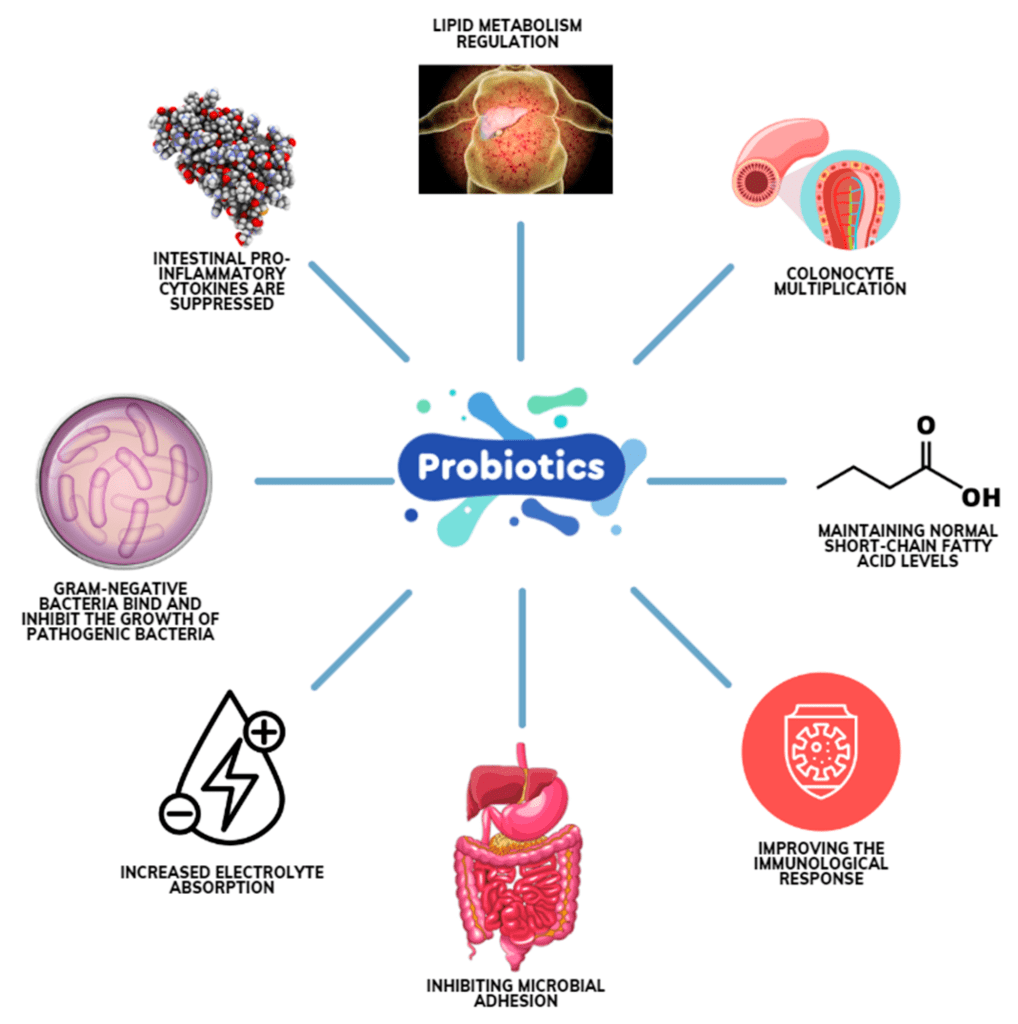
Once harmful bacteria are under control, it’s essential to repopulate the gut with beneficial bacteria. Foods that help include:
- Probiotic-rich foods: Yogurt, kefir, sauerkraut, kimchi, and miso.
- Prebiotic foods: Bananas, onions, garlic, and oats (these feed beneficial bacteria).
For more severe bacterial imbalances, consider high-quality probiotic supplements that contain strains like Lactobacillus and Bifidobacterium, which support digestion and immune function.
Signs That Your Gut Bacteria Is Out of Balance
How do you know if bad bacteria have taken over your gut? Here are some common symptoms:
- Chronic bloating and gas – Persistent bloating is often caused by bacterial fermentation in the intestines.
- Acid reflux and heartburn – H. pylori overgrowth can trigger excessive stomach acid.
- Frequent indigestion and stomach pain – Could indicate an imbalance in digestive bacteria.
- Fatigue and brain fog – Harmful bacteria produce toxins that affect energy levels and mental clarity.
- Frequent yeast infections or fungal issues – Candida overgrowth can manifest in skin and nail infections.
If you notice multiple symptoms, addressing gut bacteria might be the solution.
Lifestyle Habits That Support a Healthy Gut
Aside from diet, certain lifestyle habits can prevent harmful bacteria from taking over:
1. Stay Hydrated
Drinking enough water helps flush out toxins and supports healthy bowel movements, preventing bacteria from stagnating in the gut.

2. Reduce Stress
Chronic stress alters gut bacteria and increases inflammation. Practices like meditation, deep breathing, and regular exercise can help restore gut balance.
3. Get Enough Sleep
Poor sleep can disrupt gut bacteria and increase cravings for sugary, processed foods, which feed harmful microbes. Aim for 7-9 hours per night.
4. Avoid Overusing Antibiotics
Antibiotics kill both good and bad bacteria, disrupting gut balance. Only take them when absolutely necessary and follow up with probiotics to restore healthy bacteria.
When to Seek Medical Help
While most bacterial imbalances can be managed naturally, there are times when you should see a doctor:
- Severe or persistent bloating and abdominal pain
- Unexplained weight loss
- Chronic diarrhea or constipation
- Symptoms of an H. pylori infection (constant acid reflux, nausea, stomach ulcers)
A medical professional can run gut microbiome tests or perform a stool analysis to determine if harmful bacteria are causing your symptoms.
Video : How to Kill The Bacteria Causing Heartburn And Bloating!
Final Thoughts: The Key to a Healthy Gut
Eliminating harmful gut bacteria isn’t about destroying all microbes—it’s about restoring balance.
By making simple dietary changes, incorporating natural antimicrobials, and supporting beneficial bacteria, you can:
✔ Reduce bloating and acid reflux
✔ Improve digestion and nutrient absorption
✔ Boost immunity and energy levels
✔ Prevent chronic gut-related issues
Taking care of your gut is one of the most important things you can do for your overall health. Start making small changes today, and your digestive system will thank you!
Do You Recognize this Vintage Kitchen Tool?
The advancement of culinary arts has made a number of incredibly useful kitchen tools and gadgets available to the general public. On the other hand, antique kitchenware has a very endearing and reassuring quality. Some, like the retro meatball maker, may not even be recognizable after undergoing numerous design changes.
Though frequently linked to Italian cooking, it’s thought that Rome is where the first meatballs were created. Long ago, in addition to the more well-known Sweden, there were also versions in ancient China, Turkey, and Persia.
Some had different proportions of meat and rice or meat and lentils, while others had different ingredients. Meatballs can be a meal on their own or added to pasta dishes, soups, salads, and sandwiches.
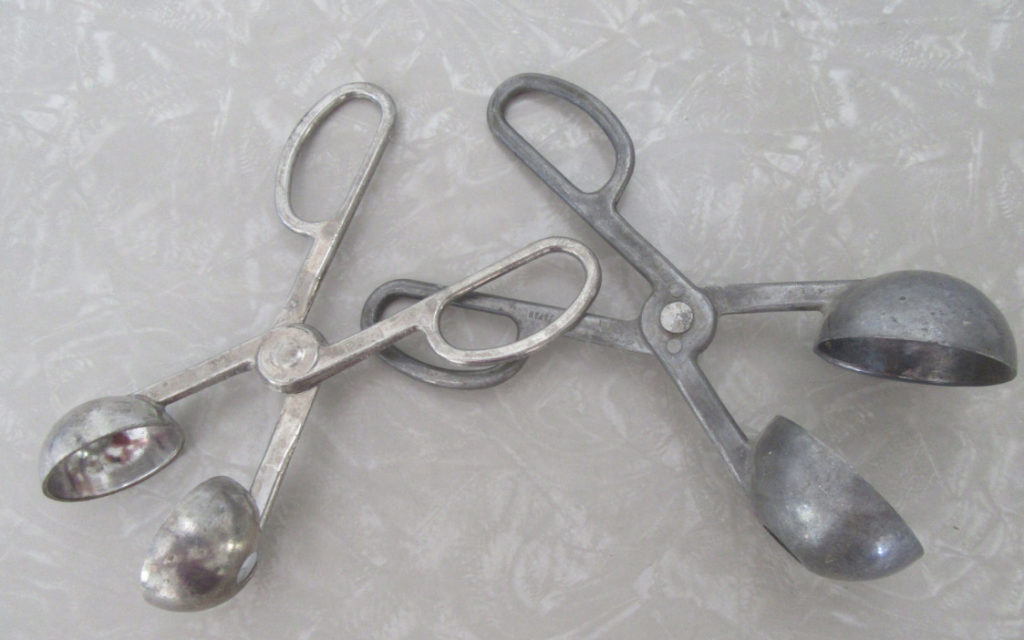
Meatballs are a very simple and versatile staple dish. As a result, it is easy to understand why they have a prominent place in cuisine around the globe. It is challenging to precisely and consistently size and shape them by hand each time. Therefore, the meatball maker is a handy kitchen appliance that has long been in demand.
First off, a meatball maker is a useful tool for consistency, as was already mentioned. not only guarantees even cooking but also enhances the dish’s overall appearance. Secondly, kids will love using the meatball maker, especially the classic style. Finally, families can be surprisingly adaptable, giving them an additional reason to spend more time together.
Although the meatball maker’s primary function was to shape meatballs, it can also be used to create flawless falafel or hush puppies. In the meantime, the more contemporary designs of today make it possible to do things like make the ideal cake pop or cookie dough scoop.
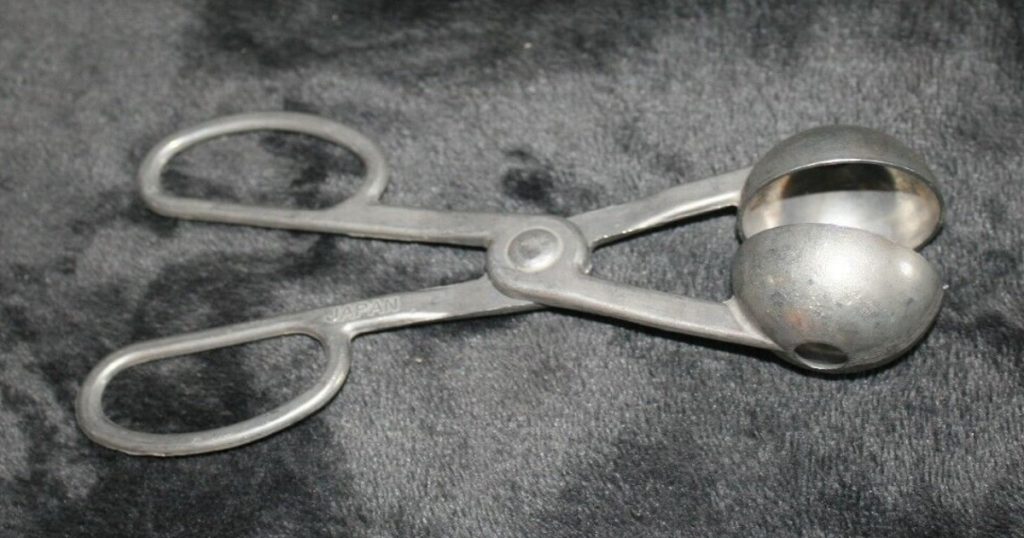
You can find antique or vintage meatball makers at thrift stores and antique stores. As an alternative, you can find a variety of contemporary meatball makers online or in kitchen supply stores. Certain pieces bear a striking resemblance to those timeless and endearing vintage pieces, even though their shapes and functions differ greatly.
Modern Meatball Maker Designs
The meatball master, for instance, is a meatball shaper that can hold 32 identically sized and perfectly formed meatballs at once. The meatballs can be kept on this plastic tray until you’re ready to cook them. However, as one person astutely pointed out, “the amount of time it takes makes it easier to do by hand,” so their kids use it for play-dough.
This meatball maker is a well-liked kitchen appliance for people who have big families or frequently host guests.Similarly, the ‘Mind Reader Magic Meatball Maker‘ makes 16 perfectly round meatballs and stores them in a plastic container until it’s time to cook the perfect, mouthwatering bite size meatball, cake pop, or dumpling.
Resembling Vintage Designs
The typical “Meat Baller” is another well-liked meatball maker. There are finger slots that have an old-fashioned look or resemble scissors. It is actually comparable to the previous version in nearly every aspect. Today’s model, on the other hand, has polished stainless steel that is “non-stick,” non-slip padded handles, and produces a flawlessly presented ball of food.
The Spring Chef Cookie Scoop is an additional choice with a somewhat different design; while it’s not intended to be a meatball maker, it can still be used for that purpose and has a cute appearance. It can be squeezed together to resemble a pair of locked pliers and has a silicone-padded handle.
In contrast, the LEEFONE Meatball scoop lacks padded handles, making it closely resemble the vintage model. On the other hand, it is composed of polished stainless steel noonstick.
A useful and adaptable kitchen tool, meatball makers are used to make the ideal meatballs, which are a staple of many ancient recipes. The meatballs are surprisingly versatile, making them an excellent bite-sized appetizer for dinner parties or a great complement to a variety of dishes, such as pasta and soups. Both the chef and the diner will undoubtedly have a better experience with the meatball maker.

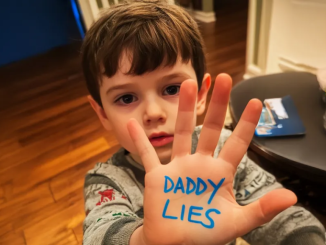

Leave a Reply